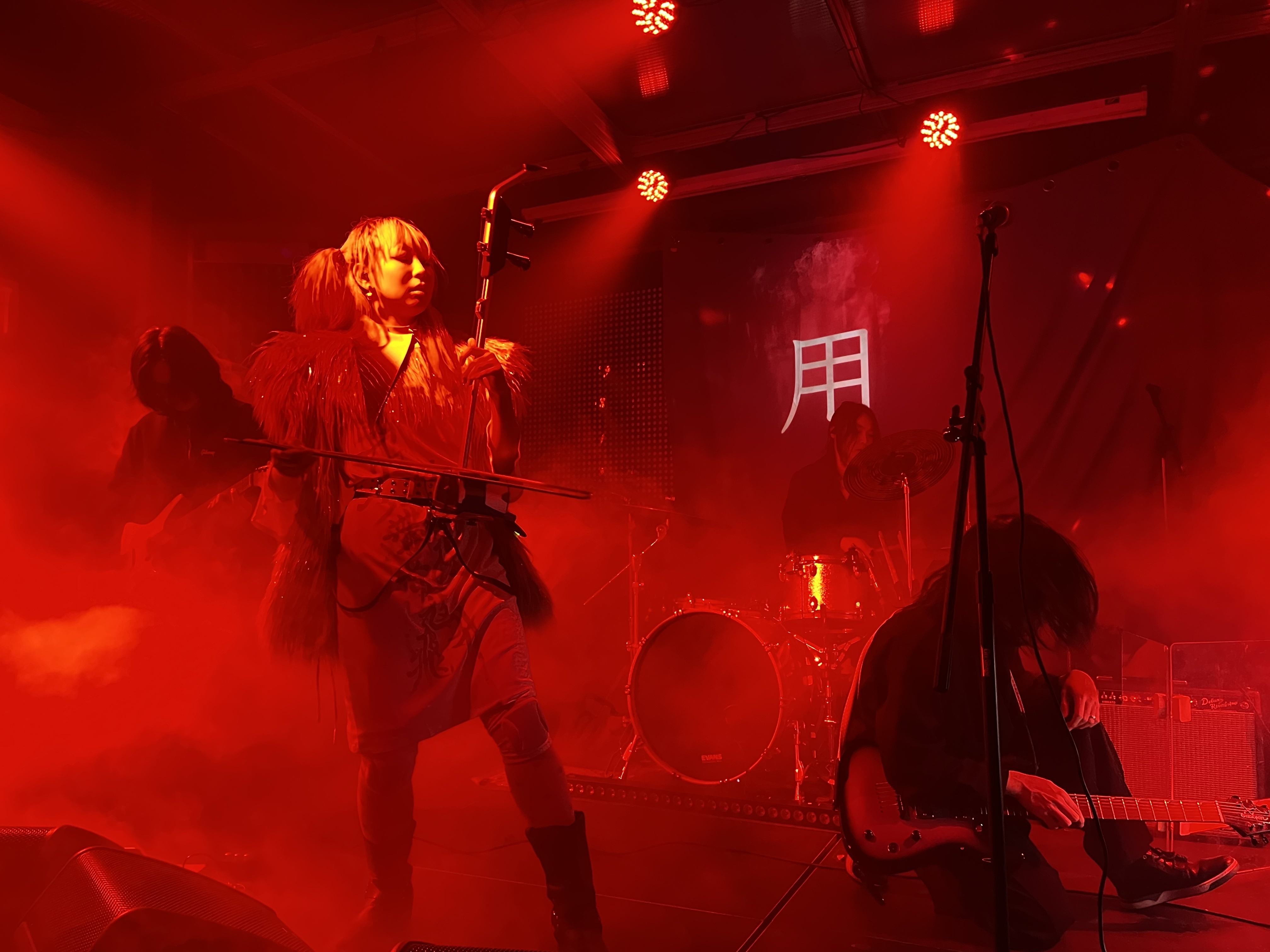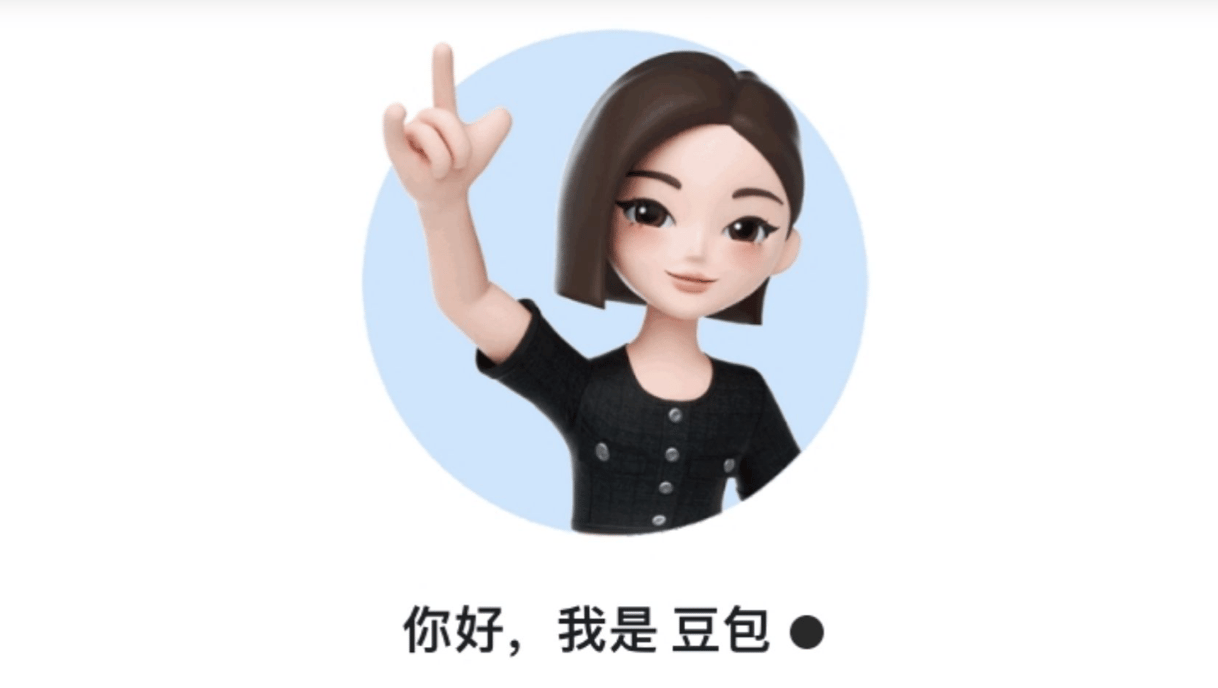On October 19, Chinese streaming giant iQIYI released a list of the platform’s most popular shows of 2022. The two highest-ranked shows, Love Between Fairy and Devil and A Lifelong Journey, have already made their way onto Western streaming platforms Netflix and Disney+.
This year, 68% of Chinese adults reported using iQIYI, making it the most-used subscription streaming service in the country. Here are the platform’s five most popular shows of the year:
1. Love Between Fairy and Devil (苍兰诀)

A fantasy romance based on the eponymous novel by Jiu Lu Fei Xiang, Love Between Fairy and Devil stars female idol Yu Shuxin and basketball player Dylan Wang.
Yu, who plays a low-ranking fairy, accidentally revives the ancient and powerful demon played by Wang, resulting in a cosmic link between the two. The show follows their love story as they navigate the political intrigues of their world.
2. A Lifelong Journey (人世间)

The 58-episode-long A Lifelong Journey is an adaptation of a book of the same name. It tells the story of a Chinese family navigating half a century of social change, including the Cultural Revolution, the one-child policy, and economic upheaval.
The show is beloved by viewers for its exploration of human psychology and its depiction of the turmoil of the 20th century.
3. Chasing the Undercurrent (罚罪)

The crime show Chasing the Undercurrent is set in the fictional settlement of Changwu. The town is rife with trouble, perpetrated mainly by a local crime syndicate led by the powerful Zhao family.
Actor and model Huang Jingyu plays a deputy police chief trying to take down the Zhaos. In the process, Huang becomes embroiled in a murder investigation that uncovers unexpected mysteries about his own past.
4. Thousand Years for You (请君)

Thousand Years for You is another fantasy romance, this time between a mysterious ancient general and a village leader.
The general, played by actor, singer, and dancer Ren Jialun, has put himself in a three-millennium-long sleep to resurrect a goddess. He is inadvertently awoken by the aforementioned village leader, played by Li Qin, who also starred in the hit time-travel series Joy of Life.
Li’s character tries to marry the general to protect her village, an effort that leads to a love story that spans thousands of years.
5. The Heart of Genius (天才基本法)

The Heart of Genius stars Zhang Zifeng, a 21-year-old actress known for her role in the comedy-mystery film series Detective Chinatown, and established actor Lei Jiayin, who also leads the second-hottest Chinese drama on this list, A Lifelong Journey.
The time-travel drama sees Zhang transported to a parallel universe where she is only 12 years old. She navigates through both realities with her genius father, played by Lei, who is suffering from Alzheimer’s in the show, and her love interest, played by Zhang Xincheng.
This tale of love, mathematics, and the universe is an adaptation of Zhang Er’s web novel of the same name.
Cover image via IMDb
























